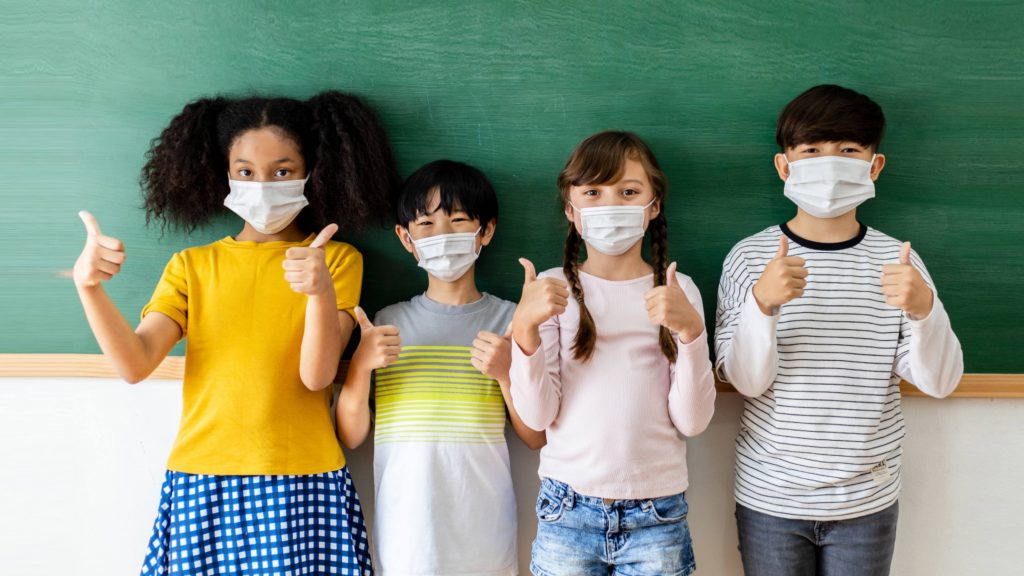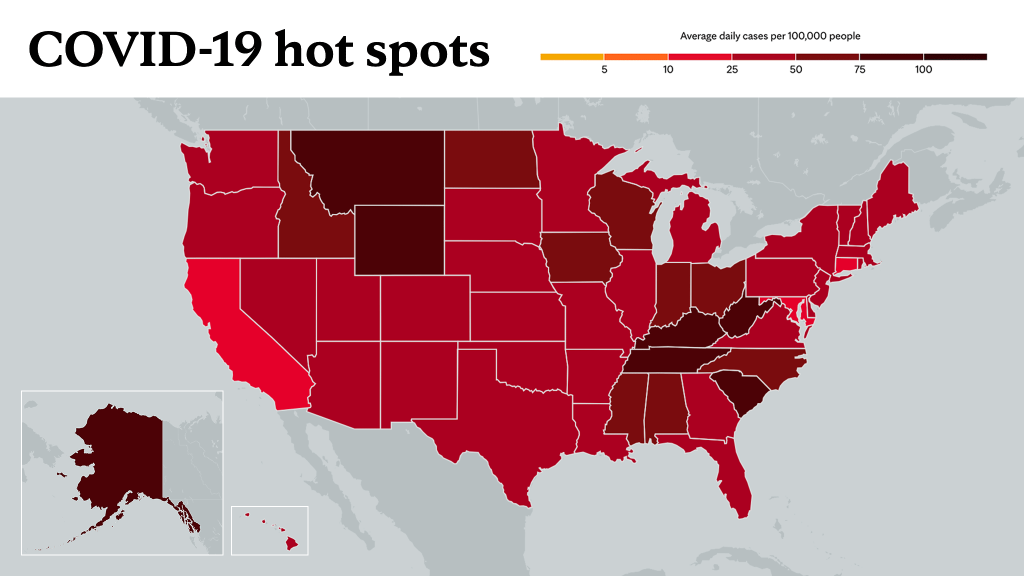
COVID-19 vaccination for children under 12 is one step closer to reality.
Pfizer announced that it submitted data of their phase 2 and phase 3 trial of their COVID-19 in children ages 5–11 to the Food and Drug Administration (FDA). A formal submission to request emergency use authorization (EUA) of the company's COVID-19 vaccine in children in this age group is expected in the coming weeks.
The FDA will need to analyze data before a decision is made.
"There is thinking we will see an emergency use authorization approval for children ages 5 to 11 years old before Halloween," says Dr. Gregory Poland, an infectious diseases expert and head of Mayo Clinic's Vaccine Research Group
Watch: Dr. Gregory Poland talks about COVID-19 vaccine for children.
Journalists: Soundbites are in the downloads at the end of the post: Please courtesy: "Gregory Poland, M.D./Infectious Diseases/Mayo Clinic."
"We already have the emergency use authorization for children 12 and above. The vaccine will be a dose of Pfizer vaccine that is 10 micrograms rather than the 30 micrograms that many adults have gotten. That's one-third of the adult dose." Like other Pfizer COVID-19 vaccines, it will be a two-dose series, and it will be most effective 14 days after second dose
Dr. Poland says it's not a surprise that those much lower doses generate antibody responses equal to people in that 12- to 18-year-old age group.
"Now what they're working on is a vaccine for those 6 months to 4 years old who will get one-tenth of the adult dose. Instead of 30 micrograms, they'll get 3 micrograms," says Dr. Poland. "And those early studies show it's safe, and it's effective."
Dr. Poland says besides vaccinations, it's important to follow other safety protocols to reduce the risk of COVID-19 and other respiratory infections:
- Wear masks in public spaces.
- Practice good hand hygiene.
- Stay home if you are not feeling well.
Hear more from Dr. Poland:
Mayo Clinic Q&A podcast: Breaking down COVID-19 vaccine booster approvals.
Read more about COVID-19:
- "Flu shots and COVID-19."
- "Being vaccinated for COVID-19 means protection against more than severe illness."
- "3 things you can do to stop the spread of COVID-19, regardless of whether you’re vaccinated."
___________________________________________
For the safety of its patients, staff and visitors, Mayo Clinic has strict masking policies in place. Anyone shown without a mask was either recorded prior to COVID-19 or recorded in a nonpatient care area where social distancing and other safety protocols were followed.
Information in this post was accurate at the time of its posting. Due to the fluid nature of the COVID-19 pandemic, scientific understanding, along with guidelines and recommendations, may have changed since the original publication date.
Research disclosures for Dr. Gregory Poland.
For more information and all your COVID-19 coverage, go to the Mayo Clinic News Network and mayoclinic.org.
Learn more about tracking COVID-19 and COVID-19 trends.








